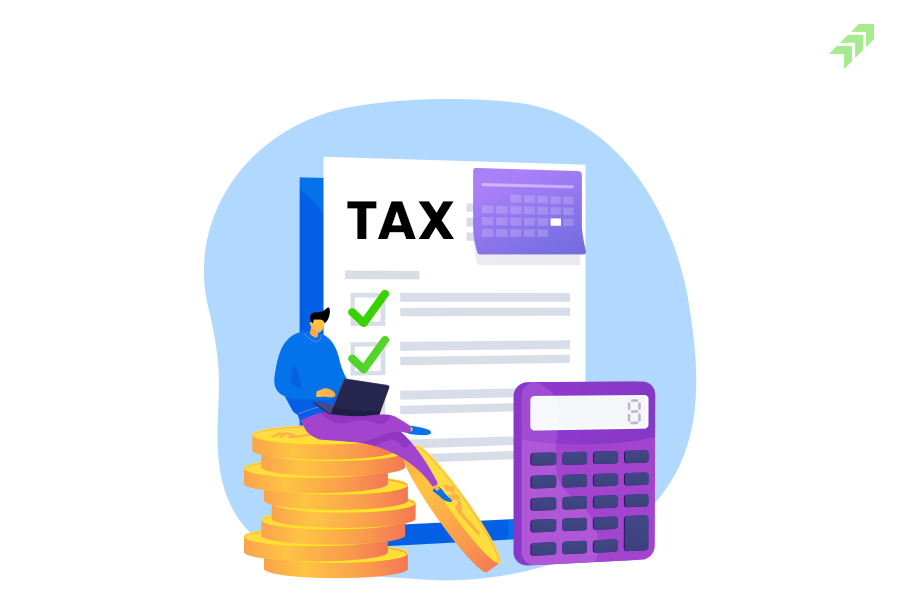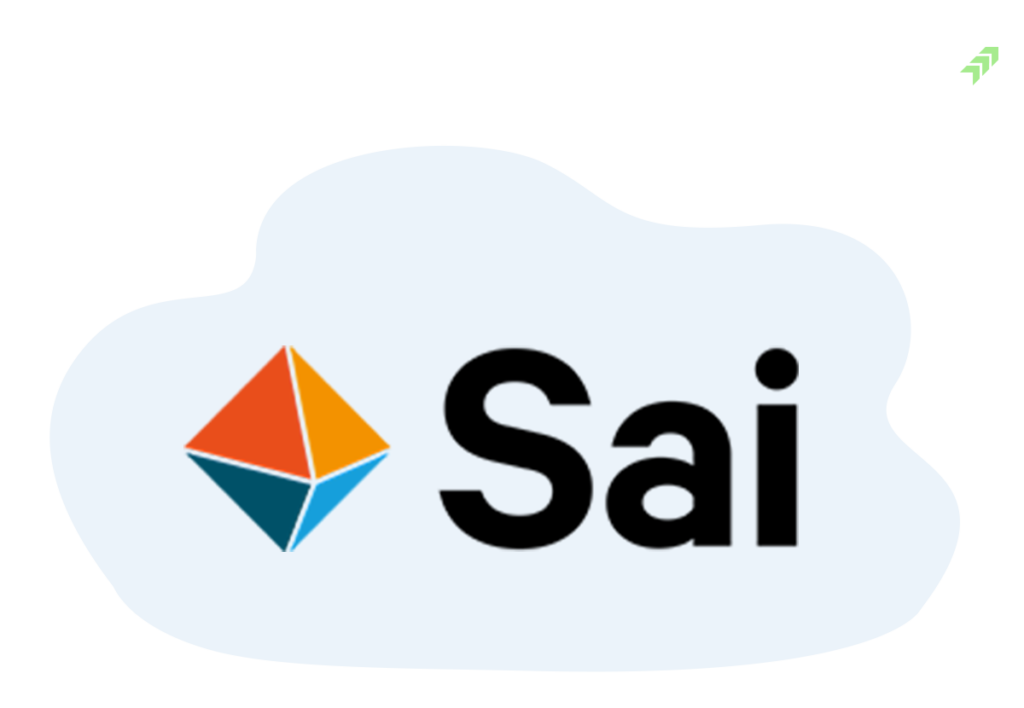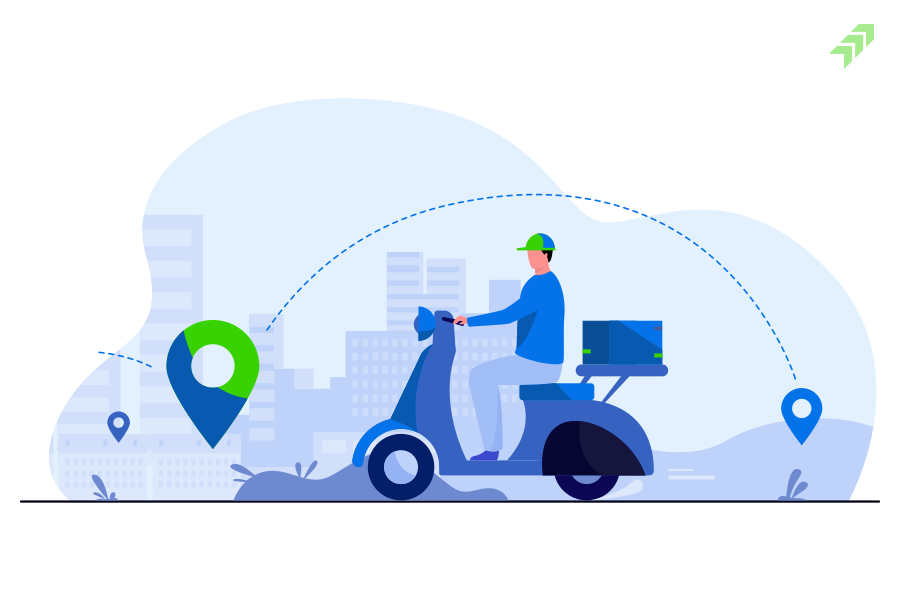BID and ASK price
In a security, the bid–ask spread (also bid–offer or bid/ask and buy/sell in the case of a market maker) is one measure of market liquidity and transaction cost. The trader initiating the transaction is said to demand liquidity, while the other party to the transaction (counterparty) supplies liquidity. Price takers purchase at the ask price and sell at the bid price, whereas market makers purchase at the bid price and sell at the ask price.
Back testing
Back testing is a technique for testing a trading strategy on historical data to ensure its viability. It is done vigorously on various time frames under many market conditions. If the results meet the required standards, the trading strategy can be used traders to make real money. However, if it does not meet the required standards, it must be modified and tested again.
Balance fund
The investments of a balanced fund include both equity and debt securities. These funds are ideal for investors looking for modest capital growth with low risk. As a hybrid fund, it enables the fund manager to make portfolio adjustments based on market conditions and trends. The asset allocation is subject to market fluctuations once the funds are invested. When markets are overvalued, most money is invested in debt securities; when markets are undervalued, most money is invested in equity securities.
Bermuda Option
Bermuda contracts are option contracts that can be exercised on prespecified dates after the lock-in period has ended. Bermuda contract are better than European contracts as the buyer can exercise the contract early but only at set dates. With the same terms, the premium of this contract is priced higher than European contract.
Buyback
Share repurchase is the re-acquisition of its shares by a company higher than the market price. There are many reasons for doing stock buyback. They are tax effective, used when the company has excess cash and no long-term project to invest in, for increasing promoter holding and hence consolidating hold over the company.
Block deal
As the name implies, a block trade is the exchange of a fixed number of securities at an agreed-upon price between two parties. The number of securities to be traded is significantly greater than in regular trades. According to the latest guideline, a trade to call as block deal minimum order size for execution of trades shall be Rs.10 cr. with no minimum quantity check applicable.
Book to bill ratio
Book to bill ratio is the proportion of orders received to units shipped and billed over a specified time period, usually a month or quarter. It represents the demand and supply for an enterprise or industry; a ratio greater than one indicates that demand for the company’s products and services is strong and growing, while a low ratio indicates that demand is weak and declining.
Bottom line
A company’s profit after tax if known as bottom line and is commonly used in reference as a result of action which could increase or decrease net profit. Companies perform various accounting tricks while closing of quarter to improve their bottom line.
Bounce
The phenomenon known as ‘Bounce’ occurs when a stock hits support and then rapidly rises. This happens when a stock encounters resistance in the form of an old high, a moving average, a trend line, or a combination of these and rises sharply.
Bollinger bands
Bollinger band is a technical tool that was developed by John Bollinger in 1980s. Bollinger band use two variable in its calculation Period and Standard Deviation. Bollinger band is a volatility indicator, which comprises of 3 lines: a simple moving average in the middle and standard deviation plotted on both side of the moving average of a security price. The parameter of moving average and standard deviation is decided by the trader.
Bullion
Bullion is a term used to describe gold and silver jewels that are 99.5 percent pure and come in the form of bars or ingots. It is extracted using chemicals or extreme heat. To make bullion, gold must first be extracted from the earth in the form of ore. The gold that is extracted from ore using chemicals and extreme heat is known as parted bullion, whereas bullion that contains more than one type of metal is known as unparted bullion.
Bracket order
A bracket order is a type of cover order in which you create the first leg position (buy/sell) at market price while also placing a square off order for profit booking and a stop loss order from a single order panel.. This helps to limit your losses and lock in your profits.
Bonus share
A bonus share issue is stock issued by a corporation instead of cash dividends. Shareholders who require liquidity can sell their shares. When companies are short on cash and shareholders expect a consistent income, bonus issues are issued. Bonus shares raise the share capital of a company but not its net assets. By increasing the number of outstanding shares through the issuance of bonus shares, the share price falls, making it more affordable for retail investors.
Bid-Ask Spread
It is defined as the difference between a stock’s asking and bidding prices. A price at which buyers are willing to buy at the given price is known as bid price, while asking price is a price at which sellers are willing to sell their securities. Market forces determine bid-ask spreads. A high-demand asset will have narrow bid-ask spreads. Assets with a wide bid-ask spread, on the other hand, may have low demand, influencing larger price disparities. Wider spreads indicate that the stock is less traded / illiquid.
Bid lot
Bid lot is the minimum number of share an investor need to apply for. Value of minimum lot generally lies around Rs 15000. If an investor wants to buy more shares, he has to buy more lots. In case of LIC, the bid lot comprise of 15 share. An investor can apply for minimum 15 shares and thereafter multiple of 15 shares
Book building
There are 2 process of evaluating prices of an IPO: – fixed price issue, book building process.
Under book building process, the price is assessed by the demand of the shares. The investors who want to buy share of the company can bid at particular price for the number of lot. The price is calculated after the bidding process is over.
Book running lead managers
A book runner plays an important role in the issuance of new equity or debt securities because it is the primary underwriter coordinator in charge of the books during the issuance of new equity by a client firm. The lead manager performs all due diligence, ensures compliance, and completes all formalities with regulatory agencies such as RoC, SEBI, stock exchanges, and so on. Post-issue activities include managing escrow accounts, coordinating non-institutional allocation, notifying bidders of allocation, and sending refunds to bidders, among other things.
Broker dealer
A broker-dealer is a natural person, corporation, or other organisation that trades securities such as stocks, commodities, or derivatives for its own account or on behalf of its clients. A broker-dealer acts as a broker when it enacts orders on behalf of its clients, for which it charges a commission, which is its primary source of income and as a dealer when it trades for its proprietary accounts. Broker-dealers perform a variety of important functions in the financial industry and are central to the securities and derivatives trading. These include giving customers investment advice, supplying liquidity through market-making activities, facilitating trading, publishing investment research, and raising capital for businesses.
Types of dealers
- Wirehouse
This type of broker-dealer typically operates on a large scale and has their own variety of products that they sell to their clients in order to profit.
- Independent
They are more of an agent’s relationship broker-dealer, selling products that they do not own but obtained from outside sources. They help their customers connect to such outside products, purchase and sell them, and profit from them. They charge the customer a margin or commission based on the overall trade in exchange.

20
Per order + Get Instant Pledge Benefits* + Zero delivery Brokerage
10
Per order only (No hidden charges)
Open FREE Demat Account in less than 10 minutes (Commodity & Currency)
20
Per order + Get Instant Pledge Benefits* + Zero delivery Brokerage
10
Per order only (No hidden charges)
Open FREE Demat Account in less than 10 minutes
20
Per order + Get Instant Pledge Benefits* + Zero delivery Brokerage
10
Per order only (No hidden charges)
















